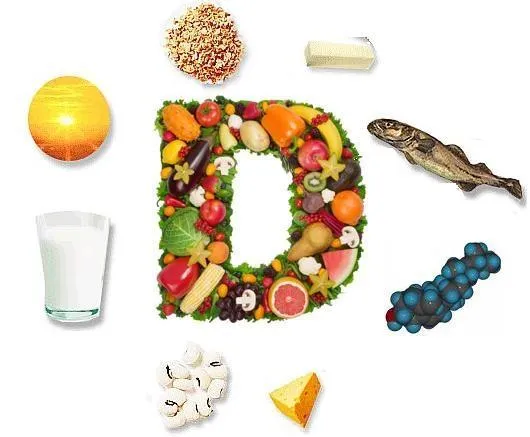A study carried out with mice confirms that vitamin D supplements are associated with lower blood glucose levels.
Vitamin D plays an essential role in the body.Not surprisingly, and among many other functions, regulates calcium and phosphorus levels, so having low levels of vitamin D implies a greater risk of development of numerous diseases, case of multiple sclerosis and migraine.And also, of type 2 diabetes mellitus.
And as they have shown different investigations, the deficiency of this vitamin entails a greater risk of insulin resistance - this is, the inability to correctly use insulin by organs and tissues - and, therefore, of elevation of levelsof blood glucose - or what is the same, of the appearance of diabetes.
So, can vitamin D supplements improve, but revert, this insulin resistance?Because according to a new study carried out by researchers from the University of Turin (Italy), it seems that.Or so it happens, at least, in animal models - trays.
As Elisa Benetti, director of this research presented in the framework of the LII Annual Meeting of the European Society for the Study of Diabetes (EASD) held in Munich (Germany), explains, “our results clearly demonstrate that the Vitamin D administration improvesInsulin resistance caused by exposure to a diet rich in fats and sugars ».
‘insulinor resistant’ mice ’
To carry out the study, the researchers used an animal model –40 male mice - to which they fed for four months with a diet rich in fats and sugars or with a normal diet - "Suito controls."In addition, a part of the animals fed with the hypercaloric diet received vitamin D supplements - 7 micrograms per kilo, three times a week - during the last two months of the investigation.
After four months, the authors analyzed weight, blood glucose levels and animal insulin sensitivity.And according to the results, those treated with the diet rich in fats and sugars showed a greater weight gain –31.8 grams compared to 24.8 grams in the control mice–, higher levels of blood glucose –145 mg/dl compared to 108 mg/dl– and a deterioration in glucose tolerance.
Vitamin D improves insulin resistance caused by exposure to a diet rich in fat and sugar benetti
More;Animals fed with hypercaloric diet also showed an accumulation of fats and a significant increase in triglycerides in muscle tissue, signs directly associated with the development of insulin resistance.
And in the case of mice that, even ‘barley’ with fats and sugars, received vitamin D supplements, what happened?Well, they gained less weight than the 'supplemented' and obtained much better results in oral glucose tolerance tests - a laboratory test to assess how the organism degrades glucose and that will be used to diagnose insulin resistanceand diabetes.
And what is more important: vitamin D treatment also improved the response to insulin in the muscle by decreasing the levels of the so -called 'advanced glycation products' - this is, proteins or lipids attached to glucose by exposureto sugars and lipids and that participate in the appearance of different diseases, in case of diabetes.
also in humans?
And this beneficial effect of vitamin D on insulin resistance and diabetes, is it also produced in humans?Well, theoretically, yes, but it must be confirmed in new investigations.
As theAuthors, «today clinical trials have already been developed with humans to evaluate the effects of vitamin D supplementation on the progression of type 2 diabetes.
However, the results have not been conclusive.Therefore, more studies are required to clarify the role of vitamin D in this regard ».


